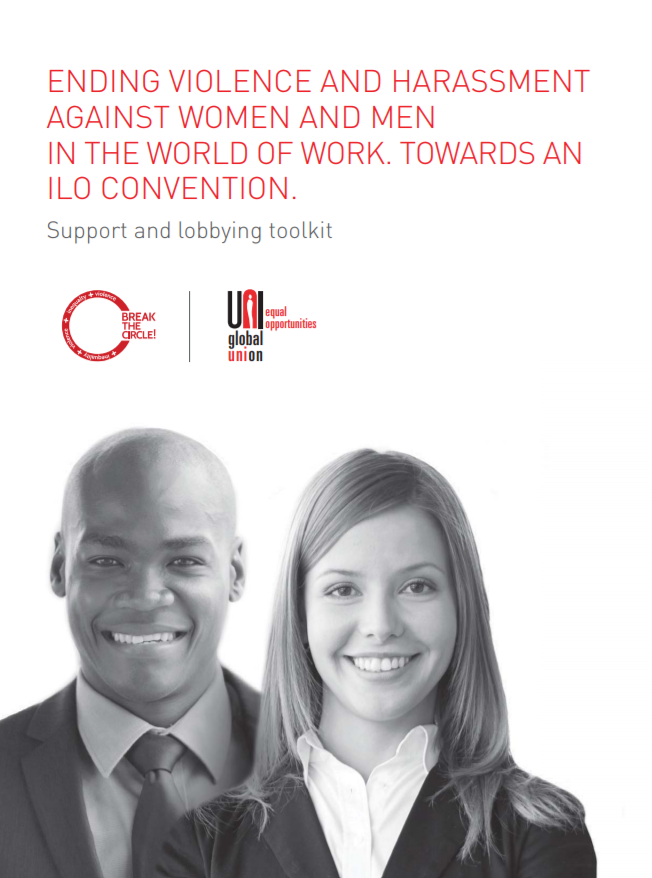
Summary
This report researches the history and development of tripartite social dialogue. It further details how tripartite social dialogue will remain relevant in the future and the ILO’s role in its development. These narratives are then tied in to the achievement of the SDGs.
For the original source, please click here








